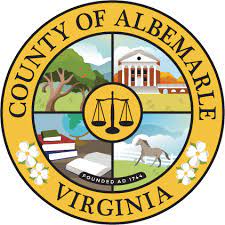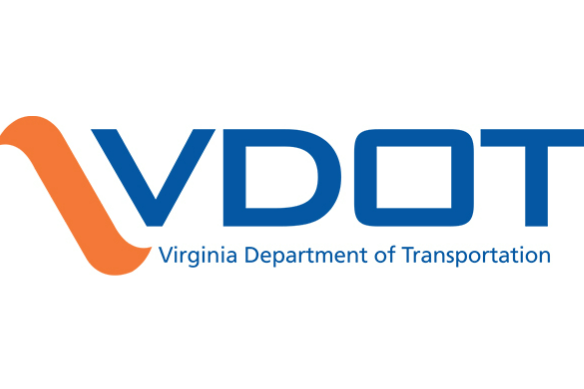An entity called New Leaf Energy has filed a special use permit for a 4.5 megawatt utility-scale solar project in southeastern Albemarle County.
The company will lease 96.7 acres from the landowner, and the solar panels will be installed on about a third of that area. Appalachian Power will purchase the energy from the company.
This application comes at a time when Albemarle County is studying changes to the existing rules for solar. Supervisors first approved the use in the rural areas in June 2017 with a special use permit. Since then, Supervisors voted yes for permits for projects known as Rivanna Solar, Midway Solar, Woodridge Solar, and the Ivy Landfill.
In addition to the Secretary Sands project, there’s also a project known as Buck Island.
A survey to get input on proposed changes closed in March and the item will return to the Planning Commission in the near future. There’s no scheduled date according to Abbey Stumpf, the county’s director of communications and public engagement.
Such projects go through environmental review before they get to county review stage because consultants are hired to do site analysis.
“A comprehensive environmental resource assessment was performed for the site, and [consultant] Labella delineated one PFO wetland, three PSS wetlands, and four PEM wetlands,” reads the narrative included in the application. “They also identified six ephemeral streams, one intermittent/perennial stream, and one perennial within the Study Area.”
In case you’re curious:
- PFO = Palustrine Forested Wetlands
- PSS = Palustrine Scrub Shrub
- PEM = Palustrine Emergent
Two threatened or endangered species were found. As a result, tree clearing will be done at a time when it will not interfere with bats.
One concern expressed about utility-scale solar projects in the rural area is the potential for removing land that could be used for crops. The narrative states that this property is categorized by the United States Department of Agriculture as “Farmland of Statewide Importance and Primary Farmland” due to the quality of soil. The solar panels would be considered temporary and would prevent a more permanent one.
“Upon completion of its useful life, the solar farm will be decommissioned and the land restored to its original pre-project condition,” the narrative continues. “This will provide the landowner with supplemental income needed without resorting to subdividing the property for future residential development, which would take away from the rural character.”

Before you go: The time to write and research of this article is covered by paid subscribers to Charlottesville Community Engagement. In fact, this particular installment is from the April 24, 2024 edition of the newsletter. To ensure this research can be sustained, please consider becoming a paid subscriber or contributing monthly through Patreon.














